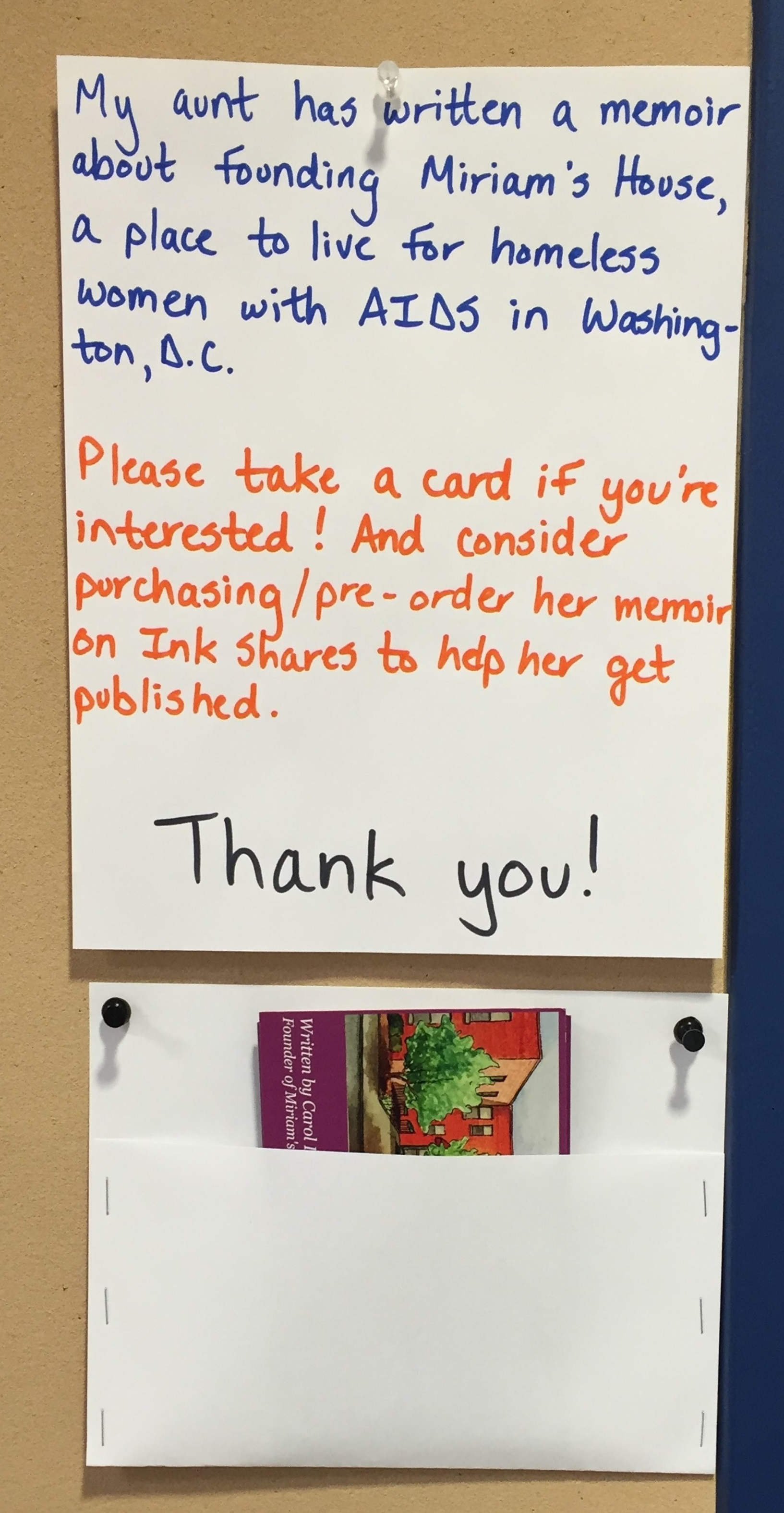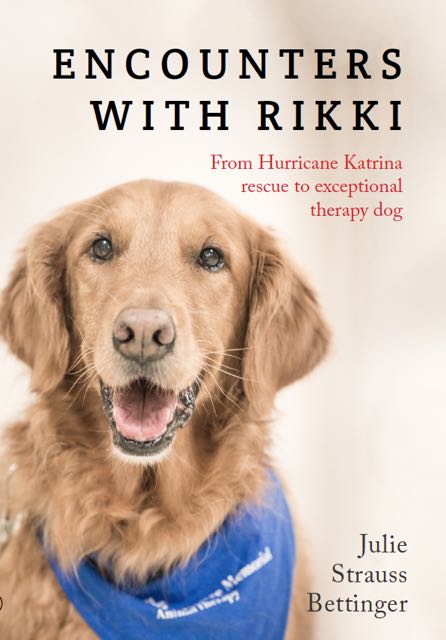Good afternoon, Readers:
You probably have received the message from Inkshares about new policies. I won't go into the details - you can do that yourself - but here's what it means for you and "Nowhere Else I Want to Be":
1. I will move my campaign to the new structure: 750 pre-orders instead of 1,000.
2. The price of the book will rise from $8.99 to $20.00 on Friday, October 30 at 12 noon PST.
3. I've launched a week-long marketing campaign to encourage pre-orders at the $8.99 price point.
What does all this mean for you?
1. You will NOT pay the higher price for any books you pre-order BEFORE Friday, October 30 at 12 noon Pacific time. That includes books you've already ordered.
2. If you were starting to plan gift-giving -- it's never too early to begin shopping for 2016 birthdays and holidays -- you'd do best to order extra books (you can order as many as ten) in the next seven days.
3. Please share the message (below) -- facebook, twitter, email and by word of mouth -- with friends, family, colleagues, and people interested in social justice, AIDS, race and women's issues.
Copy and paste this message:
Now until Friday, October 30 at 12 noon PST -- pre-order "Nowhere Else I Want to Be" for only $8.99. After that, you will pay $20.00. A memoir written by the founder of Miriam's House - residence for Washington, DC's homeless women with AIDS - the book is full of humorous, tragic and fascinating stories about life in a community of women defying the odds. Read excerpts and pre-order here.
One final thing. Here is a photo of my niece's work door. How's that for marketing? Thanks, Heather!
Thank you, readerly friends! Feel free to contact me (carold.marsh@gmail.com) if you have any questions, would like to have some book cards to distribute, or want to share ideas as to the best way to make the most of this special marketing week.
Peace,
Carol D. Marsh
Last week while I was in the airport flying from San Diego back to Memphis, I started getting pings on my phone saying, "My copy of Wailing Wall has been shipped!" Mid-October snuck up on me, it seems, and the book will be in YOUR hands before it will be in mine since I won't be back in Michigan until October 25. I hope you enjoy the read and I hope that the beauty of Joshua's story touches you in some way. I also hope you'll post pictures on Facebook (tag me, please!) and, if you feel so moved, reviews on Amazon so that others will get a sense of what the story is about before they buy.
Whew, I guess it's time to get started on the next project. "Got Down on my Knees" follows the story of drugs and alcohol through my family with moments of deep sadness and huge triumph. I hope you'll be along for the ride.
~ Dee
They came from as far away as UCLA and Albany, New York. And they included everyone from animal advocates to the American Bar.
What do they have in common? They read an advance copy of Encounters with Rikki: From Hurricane Katrina Rescue to Exceptional Therapy Dog and gave it a glowing review!
Of course, that would have never been possible if not for you – our supporters who believed in the idea of telling Rikki’s story and pre-ordered the book. Thank you!
And now, for what they have to say…
“Heartfully captures the amazing power animals have to lift the human spirit.” —Barbara Natterson, MD, coauthor of Zoobiquity and professor of medicine, UCLA Division of Cardiology
“Children who enter the criminal court system as victims may have to relive the abuse they experienced by testifying . . . Encounters with Rikki tells the story of an amazing therapy dog who helps children cope with this stress so they can tell their stories and so justice can be served. It’s essential reading . . .” —Cynthia J. Najdowski, PhD, Assistant Professor, School of Criminal Justice, University at Albany
“A compelling story of the human-animal bond at its absolute finest.”
—Mary R. Burch, PhD, director of the AKC Canine Good Citizen & Therapy Dog Program
“This beautiful book shines a light on what vulnerable crime victims encounter and how the loving touch of a paw can provide the strength on the path to healing. We need more Rikki and Chuck teams in the world.”
—Allie Phillips, cofounder of Therapy Animals Supporting Kids (TASK) Program
“This riveting story will forever change how you view the power of animal therapy.” —Martha Barnett, Former President of the American Bar Association
“Encounters with Rikki tells the story of a truly amazing bond between man and dog and the life-saving healing and companionship their relationship has inspired . . . [It captures] the magical way in which therapy animals unlock love and trust for those who most desperately need it.” —Lauren Book, MS.Ed, founder and CEO of Lauren’s Kids foundation
“A wonderful read . . . told with the details that make the possibilities of therapy through animals real and will stir even a pessimist to optimism.”
—Talbot “Sandy” D’Alemberte, former president of the American Bar Association
“A moving account of how a loving dog and a determined man can make a world of difference in the lives of those who need it most.” —Janice Gary, author of Short Leash: A Memoir of Dog Walking and Deliverance
“An extremely moving book . . . A profoundly human journey told through the unlikely story of a canine.” —Armand B. Cognetta Jr, chief of dermatology, Florida State University College of Medicine
Look for your copy of Encounters with Rikki: From Hurricane Katrina Rescue to Exceptional Therapy Dog January 2016!
Please consider sharing your favorite review on Facebook, Twitter and via email...